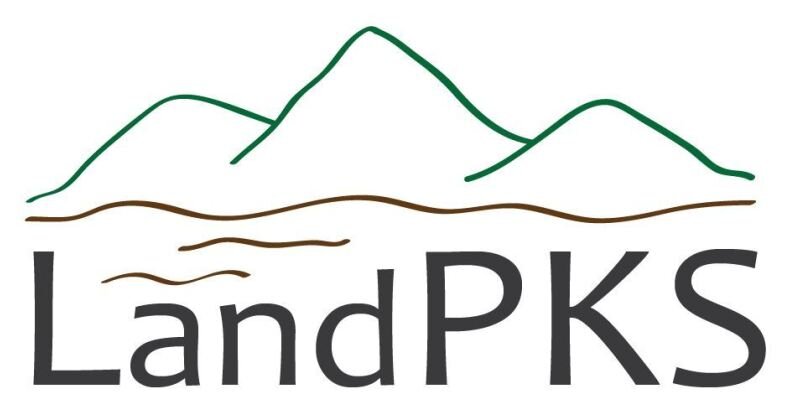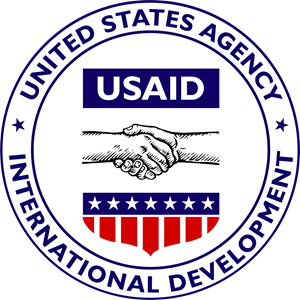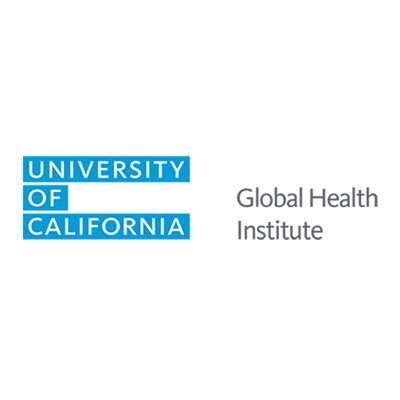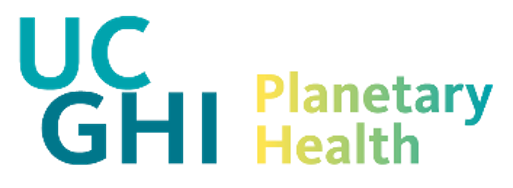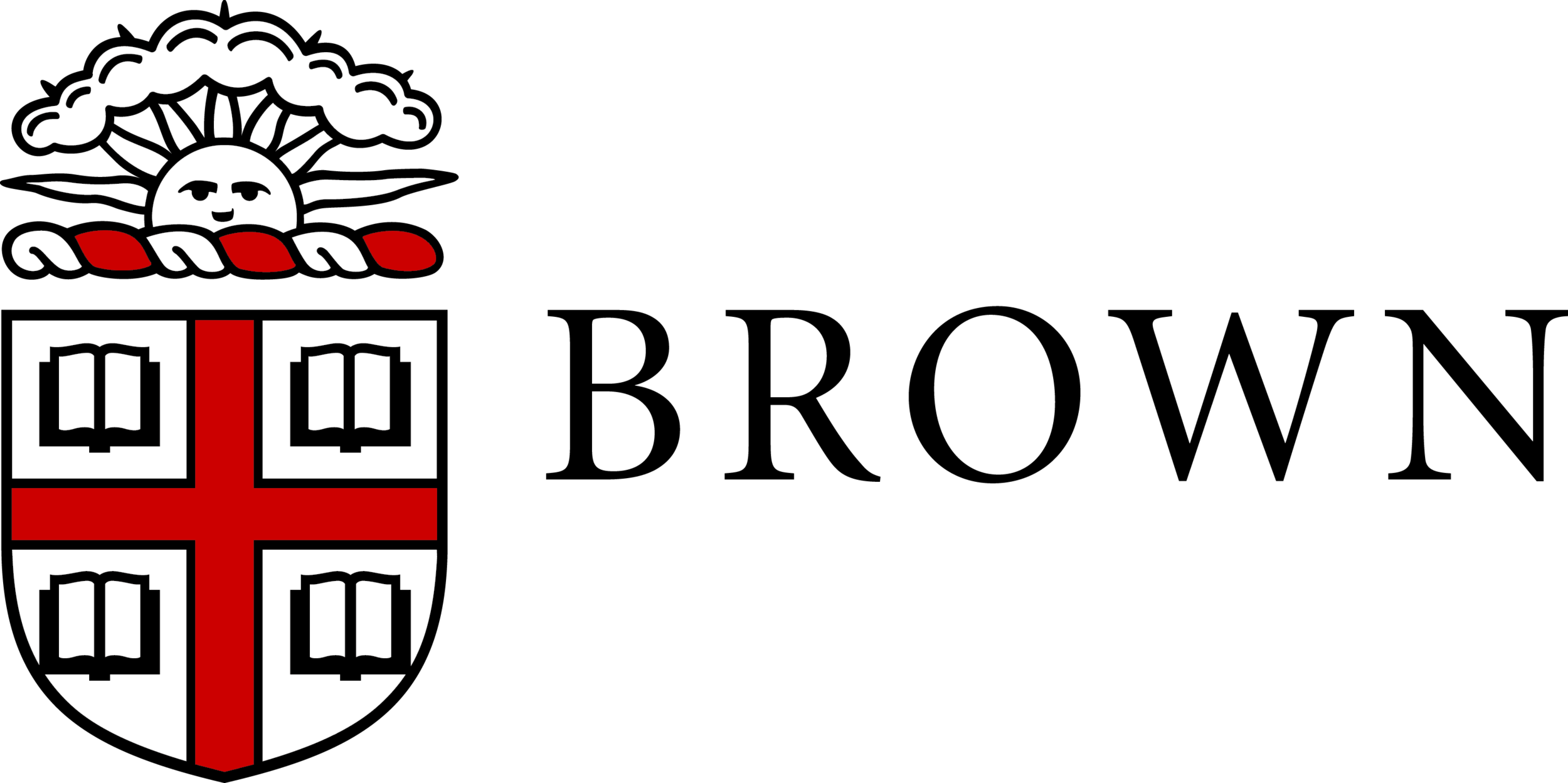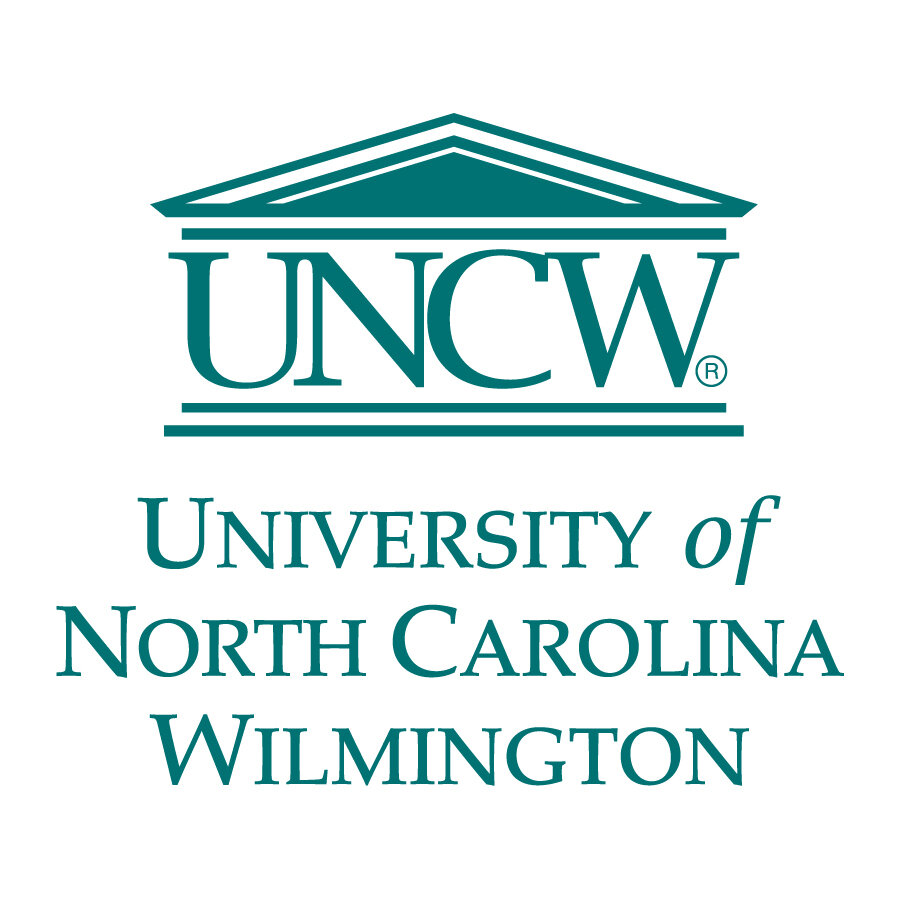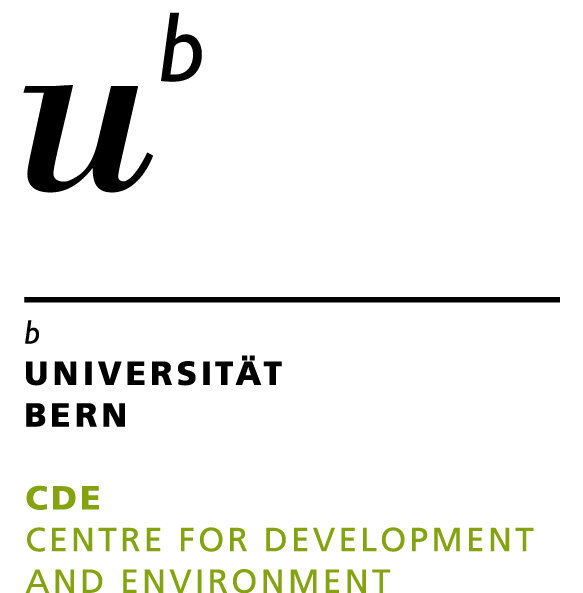Our partnership integrates expertise on drought, vulnerability and productivity with a global sustainable land management database, a land potential mobile application and an open-source monitoring tool.
Partners
LandPKS
The global Land-Potential Knowledge System (LandPKS) is a mobile app supported by cloud computing that allows site-specific land-use planning, management and monitoring. LandPKS allows non-soil scientist to complete rapid, local assessments of key soil properties using its core module (LandInfo). This information is used by the app to automatically calculate other soil properties (plant-available water-holding and infiltration capacity) and determine the Land Capability Class. Automated soil identification include a LandManagement module for on-farm record keeping of inputs, management and yields. This module, together with the existing LandCover module (for monitoring pasture, rangeland, crop and crop residue cover) and a future SoilHealth module will together provide a free, global system for site-specific application, evaluation and adaptation of SLM practices. LandPKS is already available for both Android and iPhone. It has been downloaded and used on six continents. App downloads and data uploads are increasing exponentially. The LandPKS application is smartphone based and therefore most heavily used by professionals with access to more expensive handsets. At present, these users include land user planners, project planners and evaluators (for inventory, monitoring & evaluation, including for on-farm research), and remote sensing product developers (for calibration & validation). In the future we expect increased use by input suppliers, extension and other consultants.
UCSB/UNCW/Brown university
The mission of the University of California Global Health Institute (UCGHI) Planetary Health Center of Expertise (PHCOE) is to lead the world in research, education, and policy to coupled population-environment health challenges. The PHCOE provides a platform and network to galvanize scientists, stakeholders, educators, policy makers, and global partners. The PHCOE is organized into three working groups commensurate with the majority of global health research: infectious disease, food and nutrition, and environmental exposure-related diseases. The major cross-cutting themes are climate change and cross-sectoral and interdisciplinary transformative discovery with girls and women at the center of novel solutions. The PHCOE brings together highly skilled teams that match the demand for integrated solutions to seemingly intractable health-environment problems. The PHCOE works in dozens of countries with a particular focus in Latin America, sub-Saharan Africa and southern Asia, in collaboration with USAID, Gates Foundation, Conservation International, and many others. Especially pertinent to this proposal is a close partnership with the USGS’ Famine Early Warning Systems Network (FewsNet) based at UCSB.
Trends.Earth
Trends.Earth – a free and open-source tool for monitoring land degradation trends, and the creation of a set of guidance documents to support its use. Trends.Earth allows non-technical users to integrate national data and information with global datasets to track changes in the indicators of land degradation. The Project’s guidance and tools can be employed to inform land management and investment decisions, as well as to improve reporting to the UNCCD and to the GEF. Trends.Earth is an open data platform that is freely available as a global public good.
wocat
The World Overview of Conservation Approaches and Technologies (WOCAT) is a global network of specialists on Sustainable Land Management (SLM), established in 1992, with the aim to combat land degradation and support knowledge sharing and evidence-based decision-making for promoting the implementation and upscaling of SLM and contributing to the achievement of Land Degradation Neutrality (LDN). The standardized methods and tools, developed by the WOCAT network over the past 25 years provide a framework that allows for comparison and sharing, which covers bio-physical and socio-economic aspects, and integrates knowledge of experts and land users with the support of quantitative and scientific data. The WOCAT methods and tools have been widely used in different countries around the world to map land degradation, document and evaluate field-tested land management practices, and spread SLM practices. This has led to a rich repository on SLM practices for sharing knowledge, and for advocating and promoting SLM.
